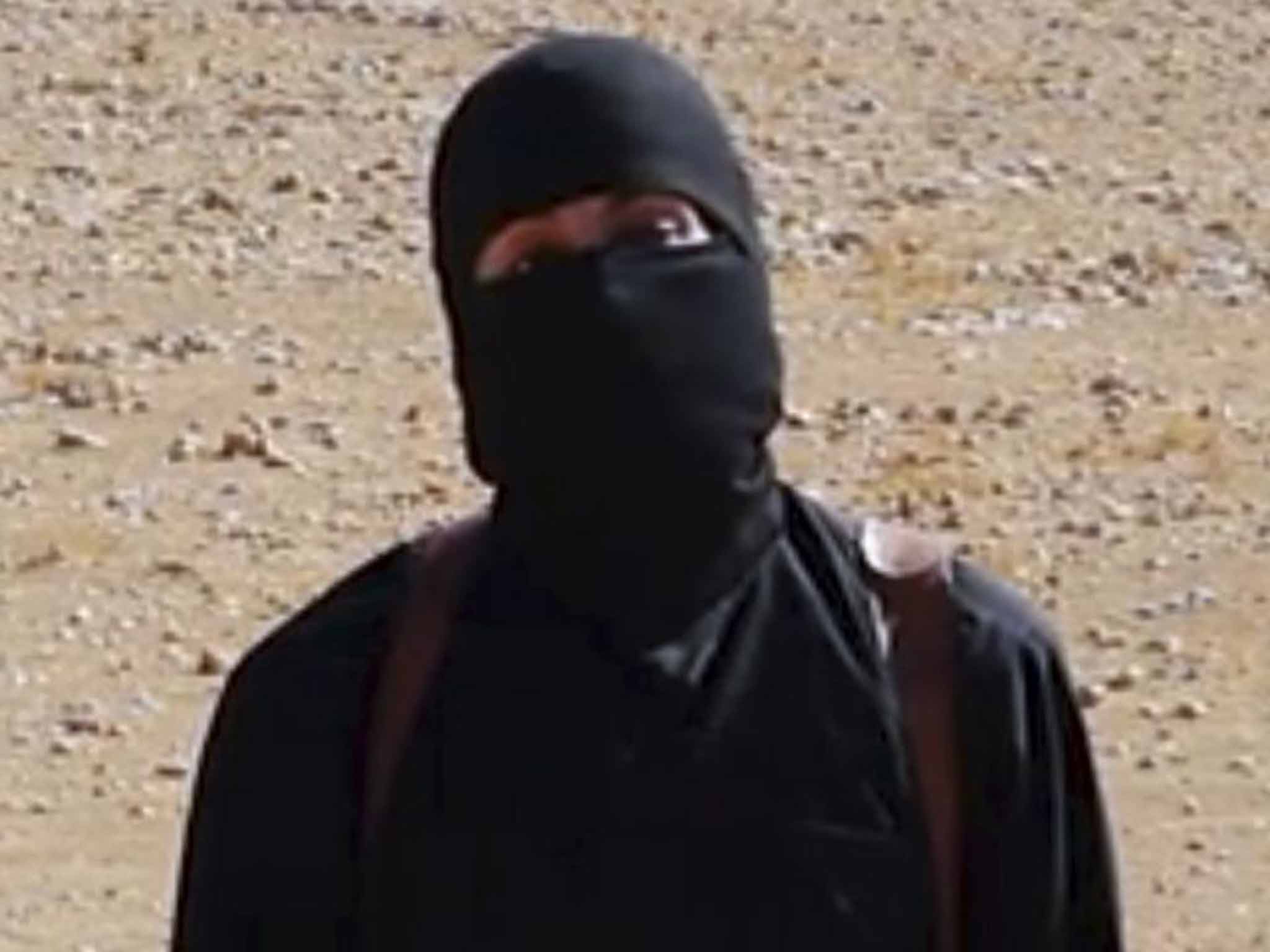'Jihadi John': Why do we give notorious criminals nicknames?
Simon Usborne asks the experts whether these monikers make the grim sound glamorous

Assuming that he has web access, Mohammed Emwazi, the British Islamic State militant revealed last week to have featured in several terrorist videos, would be able scan headlines last summer to learn what his nickname could have been. On 21 August, the day after the film circulated showing the killing of James Foley, the journalist's masked murderer was called variously "The Beatle", "The Ali G Jihadi", "John the Executioner" and "Jailer John". But only one name would stick.
"Jihadi John" first featured the same morning inside the Irish edition of the Daily Mail, and later in the London Evening Standard, before being promoted to the front page of the UK Daily Mail the next day. Since then, it has gained such global currency that media outlets including the BBC have persisted in using it even days after the public revelation of the terrorist's real name. Yesterday's newspapers featured the words "Jihadi John" in 11 headlines, and "Emwazi" in four.
Clearly the nicknaming of notorious criminals is a minor issue compared to their deeds or threat, just as the media's demand for catchy shorthand is obvious. But how much does language matter, or even fuel the potential growth of that threat? Would Scarface have inspired generations of gangsters had he been known as Alphonse Capone, the school dropout son of an Italian immigrant barber? What about Carlos the Jackal, "Mad" Frankie Fraser or the "rippers" Jack and Yorkshire?
"It's about creating a mythology and the name is a big part of that," says Raffaello Pantucci, a counter-terrorism researcher at the Royal United Services Institute. "[Emwazi] was never masked to shield his identity – he must have expected to be identified at some point – but to create the myth of the faceless butcher, the avenging hand of Isis. The nickname plays into this to create a cartoonish figure."
"Jihadi John" was the neatest of those early tags but, apart from the lack of a real name, what inspired it? Not Emwazi. The Londoner was one of four Isis terrorists who kept foreign hostages. Their number and British accents led one or more of the hostages to call them "The Beatles", and their leader "John". (Ringo Starr needlessly responded last year: "What they are doing out there is against everything The Beatles stood for." It is not known what Justin Bieber thinks about the nicknaming of Mohammed Hadi, a boyish reported Isis recruit from Coventry, as "Osama bin Bieber".)
Whatever the origins of "Jihadi John", Pantucci, author of the new book We Love Death as You Love Life: Britain's Suburban Terrorists, says the caricature of extremists can boost a mythology that appears to attract Isis recruits. "The link is clearer with battlefield names such as Hamza," he explains. The imprisoned cleric Mustafa Kamel Mustafa adopted the name Abu Hamza or "son of the lion hunter" only to be called "Hook" by the British press. "But the most obvious example is 'lone wolf' terminology. If you look at online forums you see people want to be lone wolves, because it sounds cool and predatory. They play up to it, which is why governments prefer 'lone' or 'solo actor'."
"Quotidian everyman names" can be a way to "diminish monstrousness", says Simon Cottee, a senior lecturer in criminology at Kent University. He also cites "Terry Taliban", and "Tommies", while wondering if Emwazi would appreciate his nickname. "In his mind he's a warrior, not a banal John," he adds.
Other terrorists prefer to choose their nicknames, or embrace those given to them. Younes Tsouli, a British man imprisoned eight years ago for inciting terror online, called himself Irhabi 007, or "Terrorist 007". Professor Andrew Silke, director of terrorism studies at the University of East London, cites Northern Ireland, when, for legal reasons, the media could not name the loyalist terror leader Johnny Adair. When a reporter called him "Mad Dog", he loved it, later nicknaming his own baby son "Mad Pup". "It implied values about what he was like, and how dangerous he was, adding to his aura," Silke says. "When you have a name like that, there is a danger it also attracts people."
Marc Sageman, a forensic psychiatrist and counter-terrorism consultant, and former CIA officer, says that reductive descriptions can be more than flattering. "Words have power and when you think of a person as a nickname, it reduces him to a unidimensional entity," he says. "It obscures the more complex person behind it, and [in this case] gives the illusion that Jihadi John was the same entity as he was when he was born, as if he were born evil.
"Look at today's headlines," Sageman adds. "His headmaster said that he was a hardworking student. Well, that doesn't fit with Jihadi John, so it is presented as a puzzle. It's not a puzzle. Many people who go on to become violent were hardworking when they were young because they are human beings. Jihadi John becomes someone we have to kill rather than understand. If we try to understand him, we might be able to do something."
Join our commenting forum
Join thought-provoking conversations, follow other Independent readers and see their replies
Comments
Bookmark popover
Removed from bookmarks